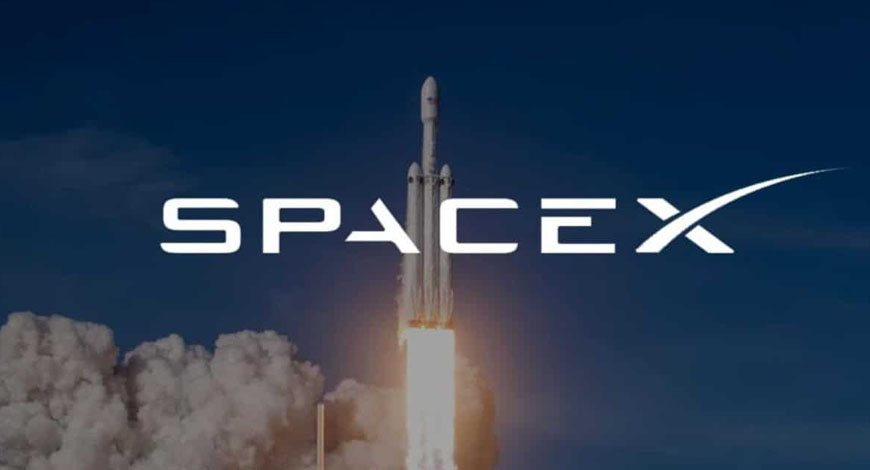In Q4 2024, cloud infrastructure services spending in Mainland China reached US$11.1 billion, representing year-on-year growth of 14%, according to the latest data from Canalys, now part of Omdia. For full-year 2024, total cloud spending rose from US$35.3 billion in 2023 to US$40.0 billion in 2024, marking a 13% annual increase. The rapid adoption of AI models has surpassed expectations, fueling a significant surge in demand for cloud. DeepSeek’s strong global momentum, driven by its exceptional performance and cost efficiency, has further heightened enthusiasm among enterprise customers in Mainland China to accelerate their exploration and deployment of AI. In Q4 2024, cloud providers reported robust customer demand, though growth continued to be constrained by supply-side limitations. In response, leading vendors announced substantial increases in capital investment to accelerate the modernization of AI infrastructure. Canalys forecasts that the growth of Mainland China’s cloud infrastructure services market will further accelerate in 2025, reaching 15%.
In Q4 2024, the top three cloud service providers in Mainland China – Alibaba Cloud, Huawei Cloud and Tencent Cloud – maintained their market positions, collectively accounting for 71% of total cloud infrastructure services, with combined year-on-year growth of 12%. The accelerating demand for AI products has led to an ongoing rise in market concentration, as leading cloud providers capitalize on their advantages in compute capacity and infrastructure deployment. In Q4 2024, partner-driven cloud revenue remained stable, representing 26% of total market revenue. As the AI ecosystem continues to evolve, this share is expected to grow, driven by increasing demand across industries for integrated solutions and strategic collaboration.
In January 2025, Chinese AI startup DeepSeek launched its foundation model, DeepSeek R1. Offering GPT-4o-level performance at a fraction of the cost, it was widely seen as a disruptive force and quickly gained global attention. “The launch of DeepSeek R1 has redefined the benchmarks for AI foundation model performance and cost, accelerating enterprise adoption of AI and driving profound changes across the cloud services value chain,” said Rachel Brindley, Senior Director at Canalys. “This breakthrough has significantly lowered the barriers to AI adoption and further enhanced the global influence of China’s AI ecosystem.”
Beginning in February 2025, leading Chinese cloud vendors integrated DeepSeek’s large model services into their platforms, further enhancing their AI product offerings. Propelled by DeepSeek R1, enterprise interest in AI models in China surged to unprecedented levels, with adoption expanding at a scale and speed that exceeded expectations. “The rapid adoption of DeepSeek has significantly lowered the cost barrier for enterprises to deploy large-scale AI models, sparking strong customer interest in AI applications,” said Yi Zhang, Analyst at Canalys. “The growing demand for scalable and cost-efficient AI use cases is driving a market shift from AI training-centric to AI inference-centric dynamics. The increase in cloud inference workloads is prompting vendors to scale up infrastructure investments accordingly.”
AI investment is entering a phase of substantive deployment. In line with the large-scale, high-intensity commitments made by US hyperscalers, leading Chinese cloud vendors are similarly accelerating their investment. In February 2025, Alibaba announced plans to invest more than CNY380 billion (US$52.6 billion) over the next three years in cloud computing and AI infrastructure – surpassing the company’s total investment in these areas over the past decade. In Q4 2024, Tencent reported capital expenditure of CNY34.9 billion (US$4.8 billion), a year-on-year increase of 421%. The company also indicated that it will further boost investment in 2025, with a particular focus on GPUs and related services to enhance its AI capabilities.
Alibaba Cloud maintained its lead in Mainland China’s cloud market in Q4 with a 36% share and 10% year-on-year growth, driven by strong AI demand. It recorded triple-digit AI-related revenue growth for the sixth straight quarter. By January 2025, over 290,000 users had accessed the Qwen API via the Tongyi Bailian platform. More than 90,000 Qwen-derived models exist on Hugging Face, with all top 10 open-source models based on Qwen. To enhance its AI offering, Alibaba Cloud launched the Qwen 2.5 Max model, ranking among top-tier models in coding and math. It also expanded third-party model access, enabling rapid deployment of DeepSeek V3 and R1 through the PAI Model Gallery. In February, it accelerated global expansion with new data centers in Thailand and Mexico.
Huawei Cloud, the second-largest provider in China’s cloud services market, recorded solid growth in Q4 2024, with revenue increasing 22% year on year and its market share reaching 20%. Since the launch of the Pangu Model 5.0, Huawei Cloud has continued to create value across a broad range of industries, including coal mining, railways, meteorology and finance, through its comprehensive portfolio of multimodal models tailored to diverse scales and scenarios. In February 2025, as part of its ongoing efforts to adopt advanced AI technologies, Huawei Cloud partnered with Beijing-based AI infrastructure start-up SiliconFlow to integrate DeepSeek V3 and R1 into its Ascend cloud platform, significantly enhancing inference efficiency. Beyond AI, Huawei Cloud accelerated its global expansion in 2024, with overseas revenue rising by over 50%. In March 2025, it hosted the China Enterprise Go-Global Summit, further strengthening its role in driving global digital transformation.
Tencent Cloud ranked third in China’s cloud services market in Q4, holding a stable 15% share. Driven by strong AI demand, its AI-related cloud revenue nearly doubled in 2024. But overall growth was temporarily constrained as GPU resources were prioritized for internal AI use. From Q4 2024, Tencent ramped up GPU procurement, expecting future deployments to boost cloud revenue. In February 2025, Tencent Cloud enabled one-click deployment of DeepSeek R1 on its HAI platform, enhancing AI accessibility and efficiency. The launch of its T1 inference model in March 2025, offering faster responses and improved long-text processing, further strengthened its position in China’s AI market. Canalys









